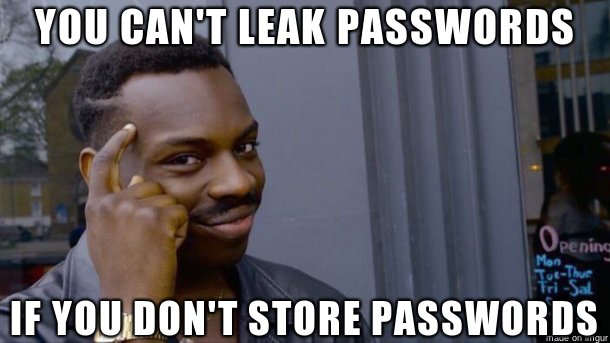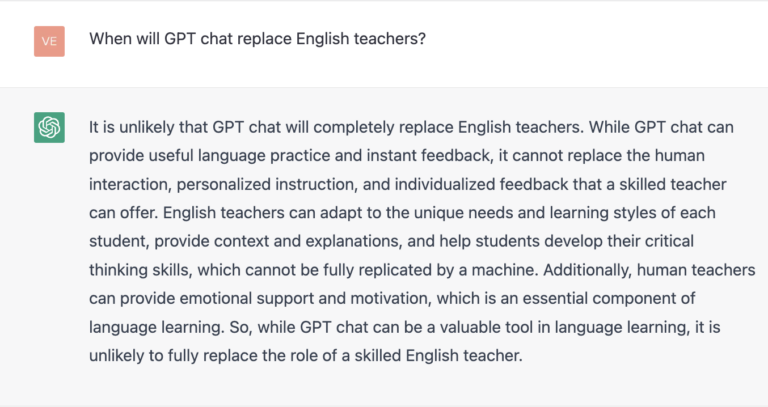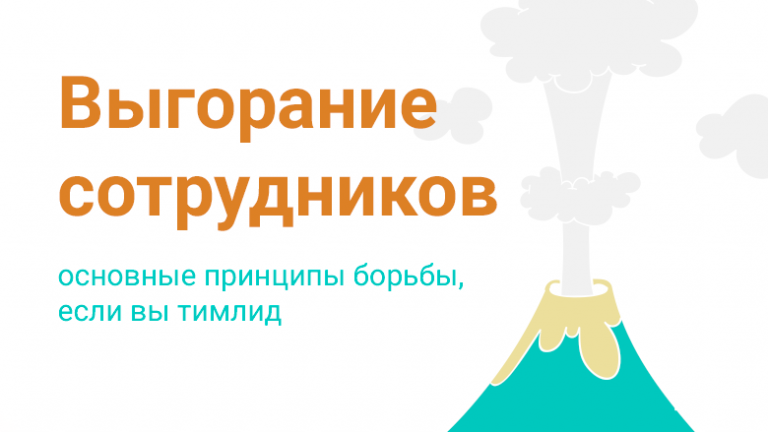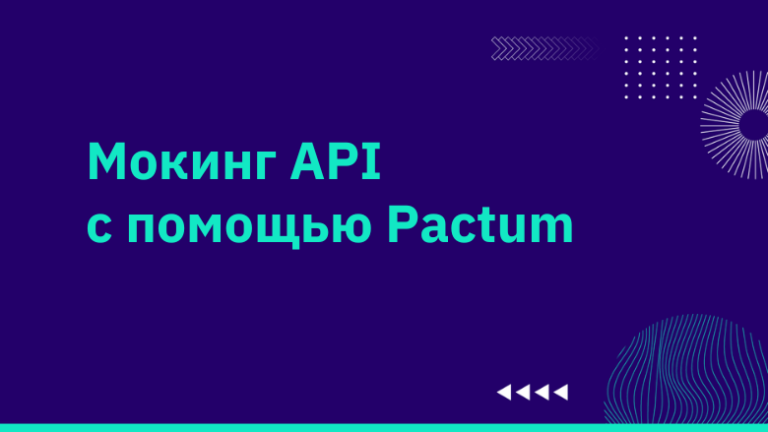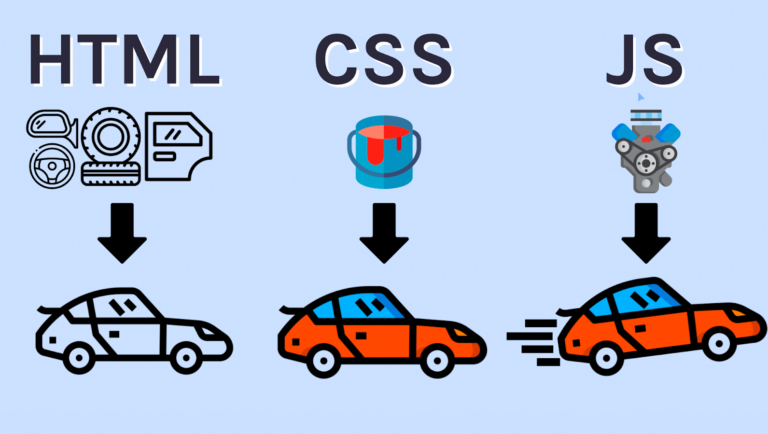Observations after yesterday’s Y Combinator W23 Alumni Demo Day
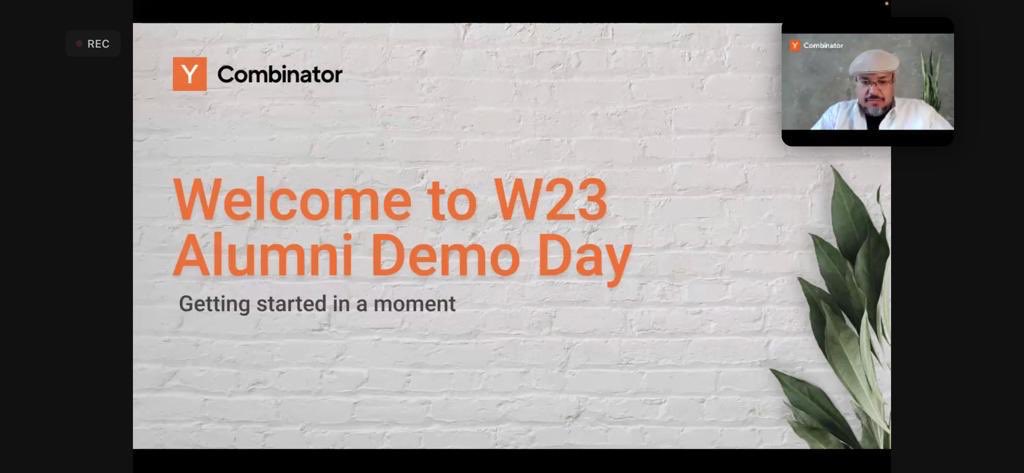
Yesterday we watched YC Alumni Demo Day W23, available only to YC founders, I will write a few observations. Actual, investors will see it only in a few days!
Context: why is the YC Demo Day important?
YC demo day is watched by several thousand vc and angels, most startups close the rounds at $0.5-3m.
There are startups, whose ideas and teams at an early stage (!) are believed by the most successful venture investors in the world. That is, it is possible to draw quite rational meta-conclusions about the structure of not only the world of startups, but also the future as a whole. Because the venture horizon is 7-10 years.
I have a strange analogy: 35+ years ago, Jean-Paul Gaultier made a haute couture collection inspired by the works of Russian constructivists of the early 20th century. And now we all wear shorts with letters on the elastic. This is how the “pyramid of ideas” works: at first it is something strange, incomprehensible to the majority, and then it is a product of wide consumption. Only in startups everything happens much faster.
Another analogy, also from fashion, but simpler – in this piece from the movie “The Devil Wears Prada” (Russian versionshorter).
So, thanks to the analysis of such big events as the YC Demo Day (and the latest batches in general), the news in the media in 7-10 years will not surprise: all these trends were long anticipated by smart visionaries. And most importantly – it helps to distinguish between pseudo-trends / agendas in the media from where the world is really moving.
If you are interested in startups, then in a week you will probably see a scattering of opinions from vc and angels about the past demo day in tweeters, linkedins and mailing lists, its analysis in complimentary and negative connotations, some numbers and datasets, etc. I argue “founder-friendly” – that is, not from the point of view of “where to invest and get X”, but “what to do now so that people want it in the foreseeable future.”
Observations ahead of YC Alumni Demo Day W23
1/ YC founders who decide to become investors have a competitive advantage: they can learn about promising startups through the community in advance and invest. Formally, if a person wants to be a vc, one of the best things he can do is get into YC 🙂 Or take a YC founder as a partner.
2/ A very cool retrospective and analytics about the company’s YC is being done by Jared Heyman in their articles. Any aspiring founder should be sobering statistics The (un)success of YC startups, because outside of YC the numbers are much worse. And because of the strong selection in batches, and because of the competitive advantages of the YC status of the company.
3/ The main intrigue of post-W23 DD fundraising is: how in the current economic conditions (declining startup valuations) will the founders who took $500k from YC, where $375k from MFN – that is, they will go at the lowest valuation of round checks, act. Will the founders postpone fundraising? Will there be raises at much lower valuations than in 2021/22? Or wait for a smart move from YC?
4/ The second intrigue: in which startups with AI will they be willing to invest? The API from OpenAI is not difficult to implement, but where do Californian visionaries see a solution to real problems, and where is it just foam of hype? For everyone who is now passionate about AI, it is wise to look not at the liked carousels about GPT in Linkedin (words), but at the checks of investors in startups (deeds). This is the best way to hone your own AI startup idea.
5/ Not directly related to DD, but important. Test for a novice founder: go to the public catalog W23 startups and 1) try to figure out what everyone is doing; 2) search among your ideas for relevant ones. If a lot of things are not clear + your ideas are very far away, then it is probably worth tightening up your understanding of the venture startup industry (for example, similar exercise). This is the most useful thing you can do to increase the chances of doing something that someone will need.
Observations after yesterday’s YC Alumni Demo Day W23
About observations after the last demo day I wrote previously.
1/ W23 batch became the most competitive: 20 thousand startups applied, less than 1.5% of them accepted. But this is a general sample. For international founders, I think the statistics will be about 0.5-1%. Like last time, I would like to note that you should not flatter yourself because of the facts “52% took without a product, and 77% without revenue”. There are such founders, with exits and stanfords, that they close the seed for past merits without looking. I would look at these statistics like this: even good traction will not help to get around cool experienced founders.
2/ You can forget about web3 and crypto startups as attractive ventures: their number has dropped dramatically, and the rhetoric of the remaining pitches goes in favor of the real sector. And many of S22 are actively brewing. Climate tech is also leaving the trends, but not so abruptly.
3/ I only heard “gpt” three times (you can’t go to investors with buzzwords!), but there are a lot of companies that talk about LLMs and infrastructure for them. We can conclude that the gpt-hype foam will subside pretty soon. But the phenomenon (generative AI and ML startups) is incredibly hot in venture capital. And apparently, in another year or two the market will be filled with solutions, it’s time to go there. It will be good in 2023/24 for ML-engineers!
4/ It is curious that in W23 they recruited in the face of a declining venture capital market. And because of that, there are much fewer startups that are well understood by the layman. there is almost no b2c, a lot of heavy b2b, vertical industrial solutions, in particular for enterprises. That is, the emphasis in the batch is on those companies that can quickly start making good money. This is an interesting change! The industry of successful startups is becoming much more boring, which means that the media will be even more out of touch with reality (they also need something understandable and cool). Now the line “I don’t understand what your startup is doing” should be taken even more as a compliment!
5/ It seemed to me that much more often than in the past demo days, there was surprise “wow, what a cool traction”. It’s subjective, but it seems that vc have become much more focused on the business itself, and not just its prospects of becoming a unicorn.
6/ Unexpected (for me) rise of open-source startups. I have already wrote on this topic in the context of ideas, and os has always seemed very interesting to me. But there are a lot more different companies with such an offer than I expected.
7/ Much less fintech, but just as expected – macroeconomic conditions have greatly influenced such startups.
8/ It also seemed to me that the background level of the founders is even higher than in previous batches. Naturally a lot of Ivy Leauge and Stanford/MIT dropouts. Massively – second time founders with very successful past startups. Many have experience of $50m+ rounds up to $100m+ exits and many YC founders of past batches! I would note here for myself that these cool founders are still served at YC. And in the startup chats, the “why-blur-10%-for-a-pathetic-$500k” debate still has doubts!
I hope my observations were helpful! In the meantime, I propose to prepare for submission to S23, the deadline is already April 7th! One of these days I will write something very useful for those who apply 🙂 Stay tuned!
